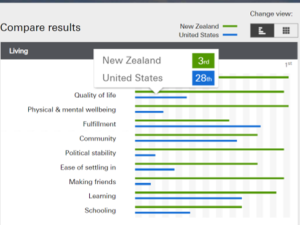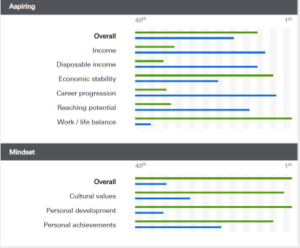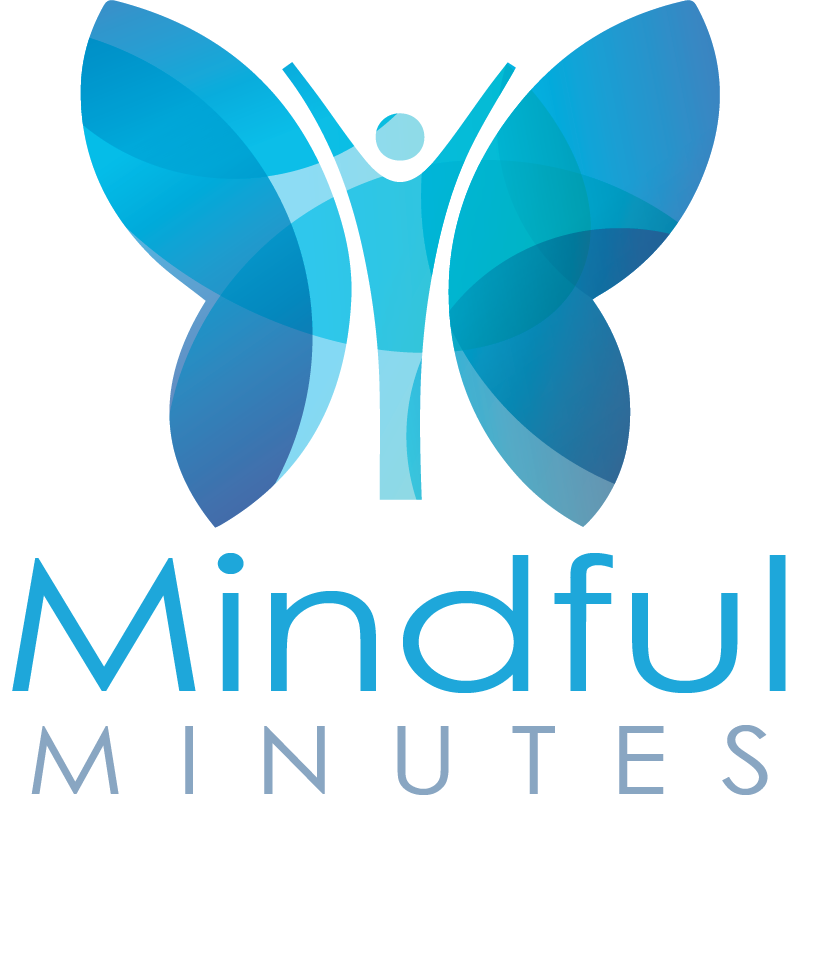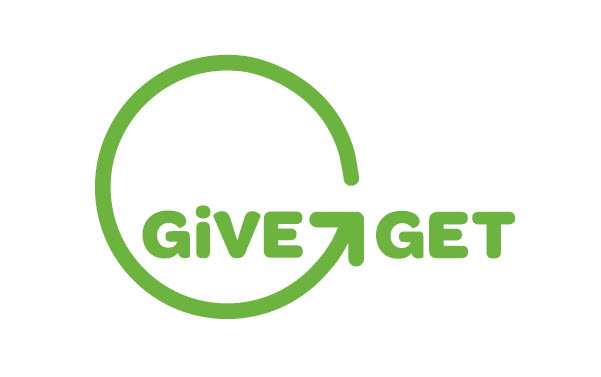Now that I live in New Zealand, I can say that the data below completely agree with what I’m seeing. HSBC results from their Expat Survey shows that New Zealand ranked 3rd in the world in terms of the best place to live. They rank #1 in the world for the best work-life balance, and #2 for Physical and Mental Wellbeing.
I’ve put their results side-by-side with the US to provide an apples-to-apples comparison. It seems that we have a long way to go to up our game.

What I see among these people completely agrees with the data as well. Kiwis have a strong work ethic so when they work, they work hard. But along with that ethic is an equal commitment to balance work with self-care. I have heard this commitment articulated from employees, but also from managers and upper level executives.
The outcomes of this approach are clear. A recent survey by Stats NZ found that an amazing 81.1% of Kiwis rated their life at a 7 or above (on a scale of 1-10). A big part of this is the more balanced relationship they have with work, but also 91% of respondents in the HSBC survey said they had very good relationships with their immediate managers.

Health Care
Kiwis have less to worry about regarding health care as well, which definitely helps support overall mental health and improve their satisfaction scores. Because everyone has access to healthcare, one doesn’t have to worry about some illness wiping out their life savings.
Flexible Work Schedules
Also, employers here provide options for flexible working conditions. In fact, according to government data, employees have the right to request changes to their location of work, hours, start/end times, and how they might work remotely. The employer is obliged to consider this and provide a rationale if they can’t accommodate the request.
Parental Leave
This policy shows their clear commitment to employee mental health. Currently, new parents can take up to 12 months parental leave, with up to 26 weeks of paid leave available. Giving the primary carer this kind of time to be with their new baby helps them focus on their family. It also helps head off the stress and angst around how quickly one should be expected to return to work.
Bottom Line
Step #1 for any company that wants to be successful in a crowded marketplace is to understand the current Best Practices for what solutions are actually working. That way you don’t have to re-make mistakes other have made in the past. And given that we in the US are an underwhelming 26th in the world, that means it will be harder to attract talent when 25 other places in the world boast a better working environment.
Luckily we have excellent examples of countries and cultures with employees who better manage their work/life balance. Understanding their approaches — and the positive outcomes they provide — must be a key step toward making positive changes for employees.
Article inspired by this original piece.
| Score | Rank | |||
|---|---|---|---|---|
| Overall | 39.83 | 2 | ||
| Quality of life | 0.83 | 3 | ||
| Physical & mental wellbeing | 0.57 | 2 | ||
| Fulfillment | 0.45 | 17 | ||
| Community | 0.45 | 10 | ||
| Political stability | 0.68 | 3 | ||
| Ease of settling in | 0.24 | 10 | ||
| Making friends | 0.58 | 3 | ||
| Learning | 0.44 | 5 | ||
| Schooling | 0.18 | 14 |
Aspiring
| Score | Rank | |||
|---|---|---|---|---|
| Overall | 15.35 | 10 | ||
| Income | 0.26 | 31 | ||
| Disposable income | 0.47 | 34 | ||
| Economic stability | 0.55 | 6 | ||
| Career progression | 0.24 | 33 | ||
| Reaching potential | 0.30 | 32 | ||
| Work / life balance | 0.74 | 1 |
Mindset
| Score | Rank | |||
|---|---|---|---|---|
| Overall | 17.07 | 1 | ||
| Cultural values | 0.51 | 3 | ||
| Personal development | 0.53 | 1 | ||
| Personal achievements | 0.38 | 6 |



